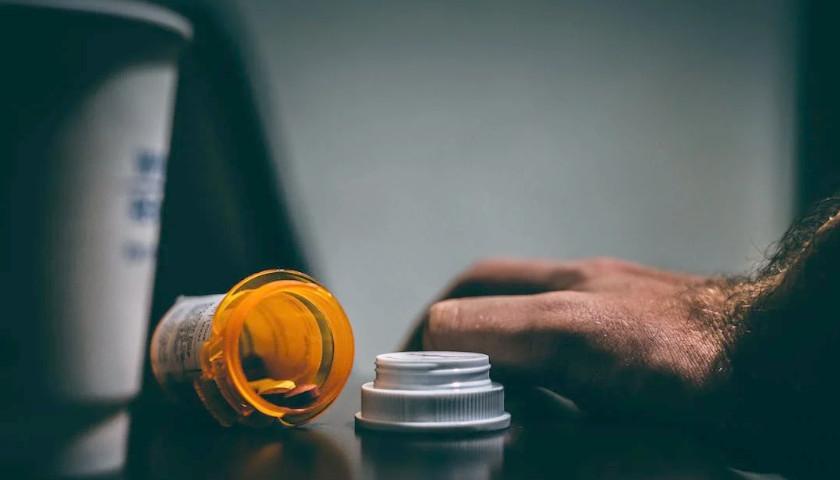Sheila Matthews, co-founder of the national non-profit parent organization AbleChild, and activist Amy Miller with the Reform Pharma initiative of Children’s Health Defense, detailed the progress a bill that would help determine the link between Big Pharma drugs and mass shooters has made in the Tennessee General Assembly since its introduction.
The bill, SB 2937/HB 2933, is focused on reforming the process medical examiner’s offices must follow in terms of testing for psychiatric and psychotropic drugs when performing autopsies on the bodies of mass shooters.
The legislation, sponsored by State Representative Mary Littleton (R-Dickson) and State Senator Rusty Crowe (R-Johnson City), was essentially written by Matthews, Miller, and activist Bernadette Pajer.
Matthews said the bill was stalled for a short period of time as lawmakers decided to cut a portion of the bill dealing with behavioral health accountability – specifically the prohibition of police working with behavioral health vendors in an investigation directly related to a behavioral health incident involving a mass shooting or suicide.
“The behavioral health accountability section of the bill was taken out because the Tennessee Bureau of Investigation was really concerned about tying the police hands with working with the behavioral health vendors,” Matthews explained on Wednesday’s edition of The Michael Patrick Leahy Show.
“However, we agreed on new language that would make sure that the behavioral health industry isn’t unduly influencing the investigators and that when there’s a clear, compelling interest that we can go to the courts to ascertain certain materials that are protected by HIPAA. That’s huge,” Matthews added.
Matthews went on to say that the legislation was initially mischaracterized by Crowe as an “anti-police bill” due to the language that has since been removed from the bill.
“I think his fear was that he thought this was an anti-police bill, which is the farthest thing from it,” Matthews said. “I think that their concern was that it would prohibit police officers from contacting mental health providers and that was not our intent of the bill at all. It was to make sure that they had a separation and were able to investigate and not be held accountable for what the behavioral health industry is doing.”
Miller added, “It was perceived, I think, as removing a tool from the toolbox, but it was a bad tool.”
Matthews said Crowe committed to adding the updated language to the bill as an amendment after having a brief conversation with the state lawmaker at the state Capitol on Wednesday.
The bill will be heard in the Senate Health and Welfare Committee and the House Health Subcommittee next week.
In regards to the conversation surrounding the mental health industry, Miller said it is “crucial” for the public to be aware of the “black box warning” effects psychiatric and psychotropic drugs may inflict on individuals.
“The other thing that’s really crucial is the importance of the discussion around it and getting people not just aware, but actionable in understanding the true, either intended or unintended, consequences of behavioral health and how they’re just flooding money towards this industry without asking the questions. This question to me, going back to the black box warning, it is right in front of our face,” Miller said.
– – –
Kaitlin Housler is a reporter at The Tennessee Star and The Star News Network. Follow Kaitlin on X / Twitter.




